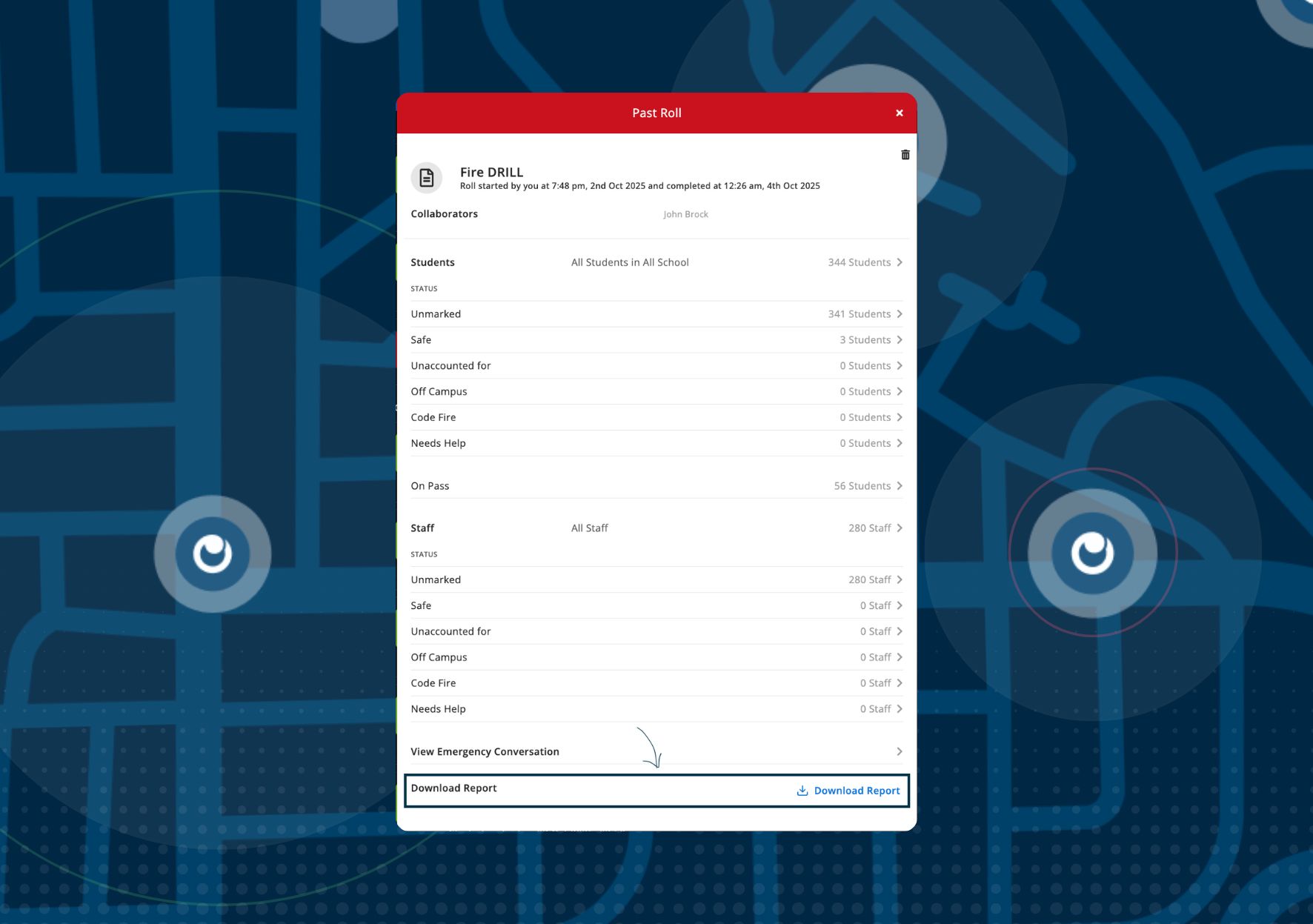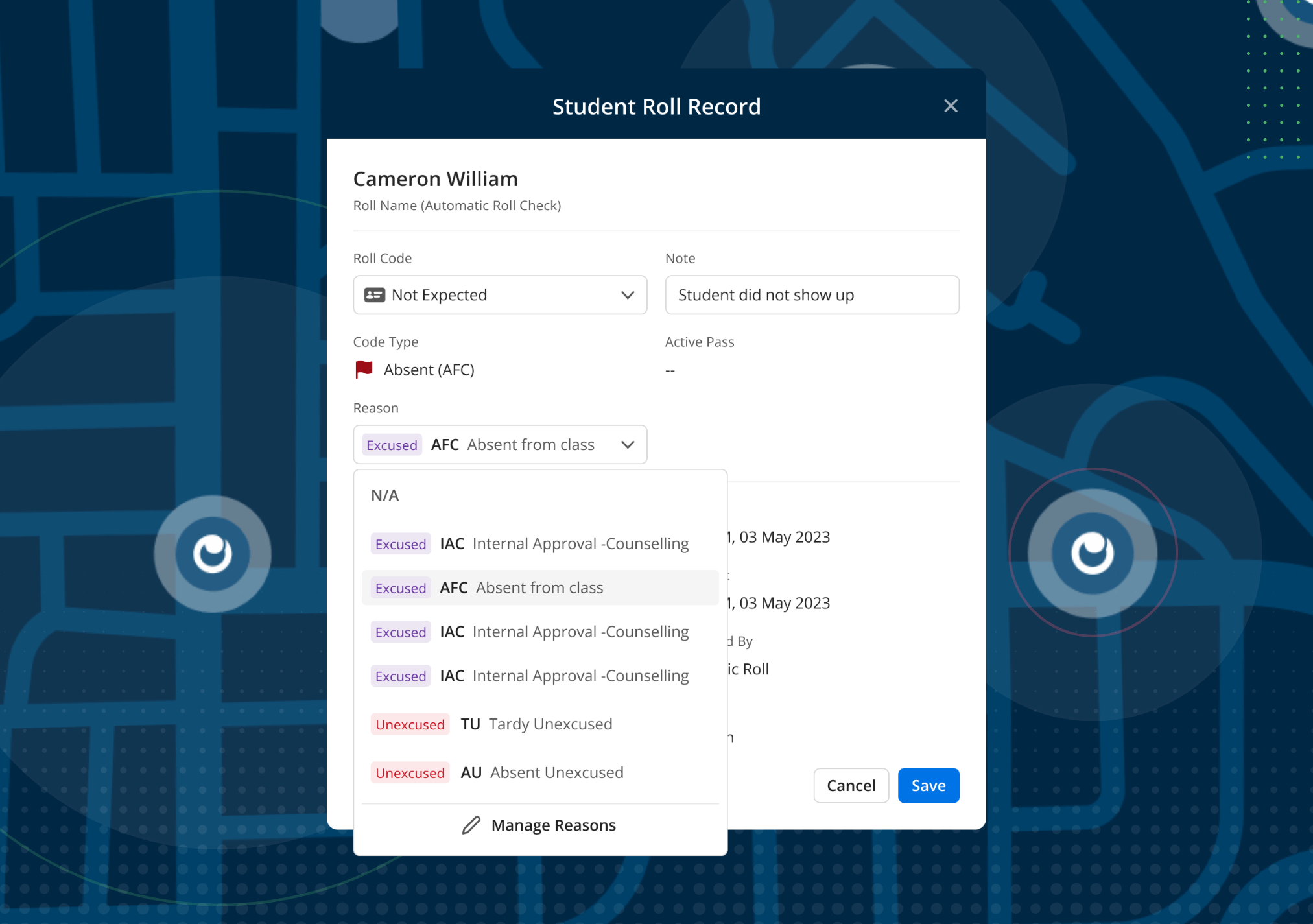5 Lessons Learned in 2021 on Wellbeing
Kavyapriya Sethu
•
January 14, 2022

When we first heard the news of the coronavirus in early 2019 (it feels like a decade ago, doesn't it!), we didn't understand how dire the situation was going to be. Initially, we took to making Dalgona coffee, giving ourselves a haircut, baking banana bread, and keeping up with other lockdown trends. Eventually, it turned out to be quite the rollercoaster and not the exciting kind.
As time progressed, the stress of working and learning from home, the constant worry over health, and other anxiety-inducing things started to take a toll, especially on our mental health. We all embarked on a journey of discovering what we should prioritize, do, and change to be safe and sane. At Orah, our team had many discussions on wellbeing and how we can support each other in being healthy and happy. Here are some lessons we have learned.
1. Health is important above all else
COVID-19 reinforced a valuable lesson: your health (both physical and mental) is important. And it’s essential to keep our bodies healthy and our immune systems strong by adopting health-promoting behaviors. Some healthy habits to follow include
- Eating nutritiously
- Exercising regularly
- Getting adequate sleep
- Spending some time outdoors
- Keeping a check on your mental state
- Staying connected with friends and family
- Seeking help when things get tough

2. Consciously decide where and how you are going to spend your time
Managing our time is generally a challenge. But with the pandemic pushing us to adapt to working remotely, the lines between the office and home have become blurred. For some, it might not exist at all. So what can we do to be more efficient?
Prioritize your tasks

When we wake up, we have a list of things we need to do already running in our heads. But it gets overwhelming and chaotic when we try to go about accomplishing all of them in one go. It's useful to think over what are the important tasks according to the needs of others or the immediacy of deadlines and prioritize them first. Better yet, write them down on a shared calendar app (such as Google Calendar) or even written on a piece of paper hanging on the refrigerator.
Plan your day
Now, then you know the tasks you will be working on, take some time to plot your schedule. I find it useful to schedule blocks of time throughout the day for work and personal activities. Do make some time to do the things you love.
"I have a scheduled social calendar. This helped me finish work at reasonable times if I had a social event in the afternoon/evening. If you don't have any social events to get to, schedule some time for yourself to do something you enjoy (cook, read, watch something, etc.)." — Vincent Paget, Revenue Operations Manager @ Orah
Pave the path of least resistance

Here is a quote by James Clear, the author of the Atomic Habits, that I have come to love.
"Your habits are often a byproduct of friction and convenience. Humans are wired to seek the path of least resistance, which means the most convenient option is often the winning option. Make good choices more convenient and bad choices less so. Behaviour will improve naturally."
When you are working from home, it is hard to forge a healthy routine and enforce positive habits. Dirty dishes pile up, your meals start to get delayed, and you are used to sitting in that uncomfortable position on your bed (you know what I am talking about) while you work. So what can you do? Make habits easier to do. Here are some examples that drive the point home.
- If you want to exercise regularly, set out your workout clothes, shoes, gym bag, and water bottle ahead of time.
- If you are working to improve your diet, chop up fruits and vegetables on weekends and pack them in containers. This way, you have easy access to healthy and accessible choices during the week.
Here are a few more best practices that we, at Orah, follow.
- Have a separate room (office) for when you are at work. This creates a clear threshold for work. If you don't have a dedicated office room, having a separate desk or table also helps to create that space.
- Dress like you are going to the office. Sometimes, wearing clothes other than your sweats puts you in the frame of mind to focus on your work projects.
3. Improve your work-life balance

Life is short, and you know that is not a dramatic statement I am making. We all saw the state of the world this past year as we fought the war against the COVID-19 pandemic. So while you dedicate most of your time to work, do make time outside of work to do the things you love. Work is just a part of your life while many different things contribute to your happiness.
At Orah, we have teams sitting in different parts of the world, coming together to collaborate and get our jobs done. It requires some effort to coordinate our schedules. Some are online in the early morning, while others work late into the evening. And without proper boundaries, one tends to be online all the time.
"It's very important to find a perfect balance between work and one's personal life. And to enjoy all the little things which are happening daily." - Anurag Shrivastava, Engineer @ Orah
Each of us deliberates over our work hours and communicates it with the team. The company culture encourages taking time off to recharge.
In your downtime, don't just go about doing household errands. Create more time for yourself to be with your family or pursue a hobby or passion project, kick back and relax, or learn something new.
4. Minimize social media distractions

We tend to reach for our phones without much thought. And most of us have fallen into the habit of constantly and mindlessly browsing social media when we should be paying attention to the task at hand. Here are some practical tips that some of us have come to adopt.
- The obvious one: take a break from social media apps. Uninstall all those apps you think are sapping away your energy and time.
- Leverage apps that monitor your smartphone usage and try to limit your usage
- Turn off your phone and keep it out of reach. This way, when your hands reach for your phone, you’ll be forced to pause and reconsider.
- Allocate time during the day when you can go on social media. You might not always succeed in adhering to the schedule, but you will get better at managing your time.
- Replace your time on social media with other activities you like doing. Read a book, take a walk, indulge in yoga...the list is endless.
“Limit your news consumption to only once a day. Instead of having real-time updates all the time, Daily Nightly News should be fine. If you're prone to anxiety, constant updates (even relevant ones) can cause mental exhaustion.” — Anas Baqi, Product Manager @ Orah

5. Be kind to yourself

Often, we are more kind to the others around us than towards ourselves. We give great advice to boost others' moods and attitudes. Yet when we have to take the advice ourselves, we fall short. We are self-critical, and that affects our wellbeing.
“Go easy on yourself. Things are difficult anyways. Killing yourself with unnecessary doubts and concerns won’t make it any easier.” — Sarang Vasishth, Engineer @ Orah
At Orah, we practice gratitude. During the company-wide team meeting, each of us tries to recollect that highlight of our week and share it with the group. The quiet mornings, a nice cup of coffee, a walk in the park, love from those around us...the little things around us that fill us with joy.


We all have our fair share of good and bad days. We should set realistic expectations on what we can achieve and not push ourselves to the point of burning out. Also, communicate with those around you about how you are doing and garner their support. When things get tough, it is ok to ask for help.
Design credit: Storyset
Download your guide to knowing where students are
When you sign up, we'll send you a guide detailing what it takes to setup your daily operations to maintain student location awareness using your routine school processes like attendance, student leave, late arrivals, early dismissals & emergencies. You'll also recieve an invite to join the Orah community and get the quarterly newsletter.














